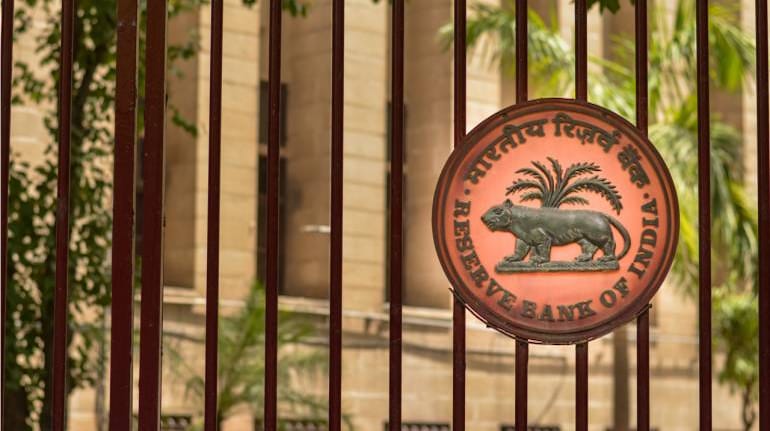



Media reports quote that the Ministry of Electronics and Information Technology (MeitY) has recommended that the Reserve Bank of India (RBI) design a detailed Know Your Digital Finance App (KYDFA) process that companies have to undertake before they access the Indian banking system. The report also said that the ministry believes that it would help trace errant loan apps. Why does this seem complicated or roundabout, considering that India has a plethora of business identifiers such as permanent account number (PAN), goods and service tax identification number (GSTIN), corporate identification number (CIN) and RBI registration?
First, the RBI understands and undertakes regulatory supervision for its sector. It should be left with those inputs and decisions. It understands the flow of monies. Secondly, not all the issues about errant apps come under the RBI’s watch. The apps are just of two segues:
— Legal and belonging to an entity that is registered with the RBI, and regulated by it (segue to this is that it could be a legal e-commerce platform that is registered in India, but it leases its consumer access to various financial entities, which in turn are registered with the RBI).
— Illegal, and hence the RBI does not have access to its operations
In this aspect, any complaints regarding the former type of legal app, that of the functioning and operational issues, consumer complaints, even on social media, can be taken up by the RBI. But then it needs to revamp its digital proactiveness, especially that of the supervisory function. In the latter case, despite the inputs that they receive from multiple stakeholders, including the Indian financial sector operators, industry bodies and regulators, the decision to offload those apps ultimately rests with the app stores. Not with the regulator. Not with the ministries.
Rein in tech giants
One should have accountability as to who would oversee their (tech giant) operations in India. Looking at issues like these, one feels that such tech giants have a free pass, and hence the frustration of inability to rein them in reflects in passing the angry baton all around. Often, sadly, the unintended outcomes of many of these seem to hurt the legal players more than others. Having one ministry with the above accountability, assumably MeitY, would make it easier for the financial regulators to pass on relevant information and concerns through the relevant channels instead of the other way of financial regulators trying to rein in tech giants.
Third, the legality of financial services business operations is well established under the three main financial regulators — the RBI, the SEBI and the IRDAI. The aspect of regulating digital lending entities has to be seen from the perspective of who is allowed (registered and regulated) to lend.
Indian business laws have sufficient headers to recognise the uniqueness of each business, be it CIN, TIN, GST, RBI registration for financial entities, PAN and so on. One needs to bring renewed purpose to public policy by not creating newer identifiers but using existing ones to identify the business. Financial regulators moving from entity-based supervision to real-time activity-based supervision can solve many of these challenges of the digital nature of finance.
Four, the level of access to borrower data and borrower phones has to be controlled. Unlimited access, as evidenced by many lenders now, can never be without any negative consequences, malicious or unintended. Several hundreds of people have lost their lives and dignity to the proliferation of illegal and fake lending apps, which literally have taken the ‘pound of flesh’ from their users.
Send out a message
If any of the legal apps hurt the consumer's dignity or steal consumer data or are proven predatory, regulators such as the RBI should simply cancel their registration and ability to lend, and blacklist the individuals responsible. Send a loud message, even if they are popular names or well-funded by marquee names.
The concerns about increasing complaints about fake apps are valid but surprising. The moot point about a grievance system is not to reduce the complaint flow but to encourage openness for consumers to complain and for the regulatory system to resolve them in an assured timeframe. Regulatory resilience will only improve with as many numbers and types of complaints it receives and resolves. Money business has to be firmly regulated. If an app is not legally authorised to lend according to various national and state laws, it should be removed from the app stores. The onus has to be on using business identifiers which would allow for such simple classification at the source level. Not filing another form. For those who worry about such entities using fake registration certificates, it can be solved using blockchain certificates that the financial regulators and other governmental departments can issue.
The industry fears the multiplicity of knee-jerk reactions every time some of these concerns become a tipping point. From the involvement of local law enforcement and state-level political dynamics to the diverse interpretations of this issue, often devoid of technical expertise, and the inability to regulate application marketplaces, various departments grapple with the task of mitigating adverse aspects within the digital finance sector. It is imperative for regulatory authorities to refrain from broad categorisation of all digital lenders as predatory entities, solely on account of the actions of a few ill-intentioned actors or the worrisome inability to curtail their behaviour. For a nation that’s showing the world a way to be digital-first, India can lead without complicating the Ease of Doing Business in the financial sector.
Srinath Sridharan is author, policy researcher and corporate advisor. Twitter: @ssmumbai. Views are personal, and do not represent the stand of this publication.
Discover the latest Business News, Sensex, and Nifty updates. Obtain Personal Finance insights, tax queries, and expert opinions on Moneycontrol or download the Moneycontrol App to stay updated!
Find the best of Al News in one place, specially curated for you every weekend.
Stay on top of the latest tech trends and biggest startup news.